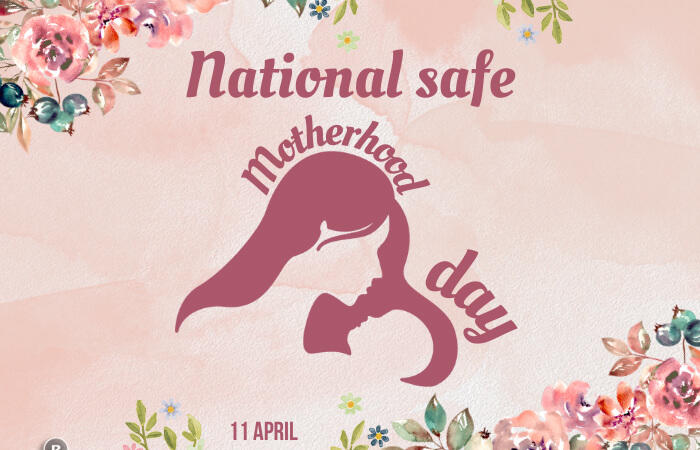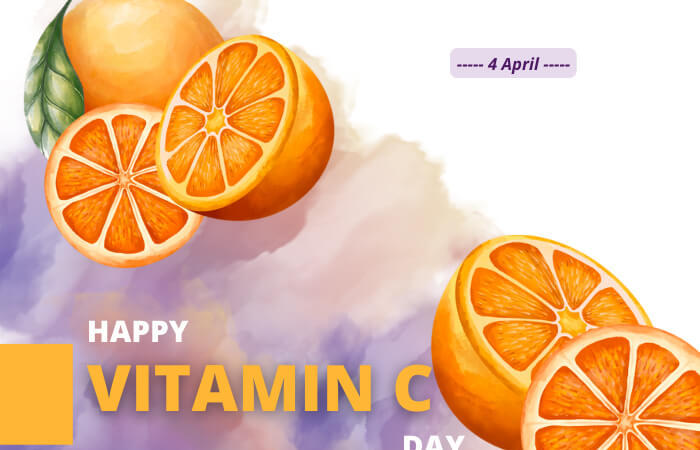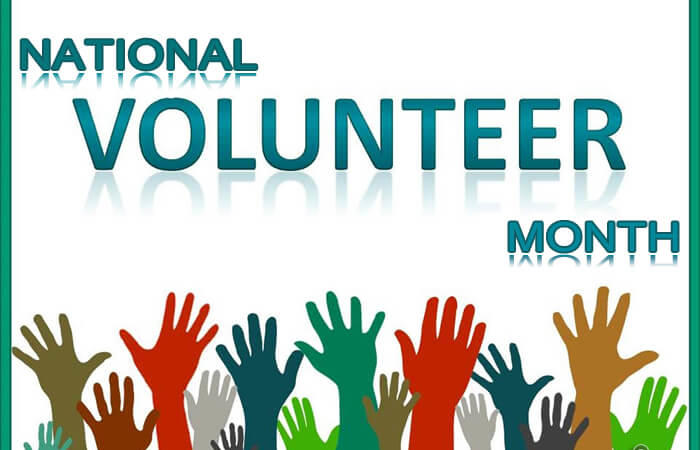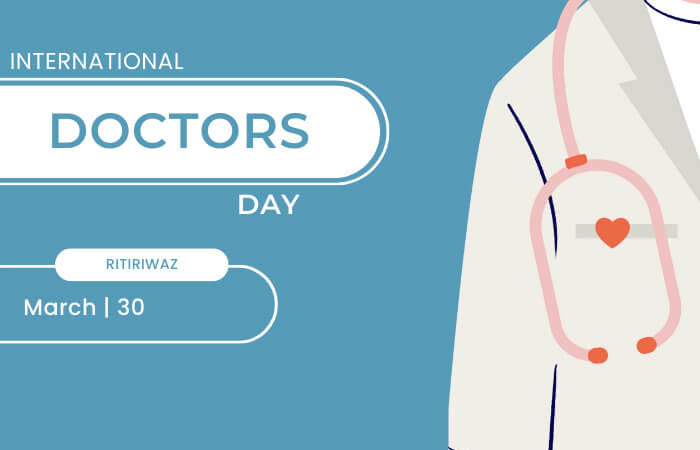World Zoonoses Day – 6 July
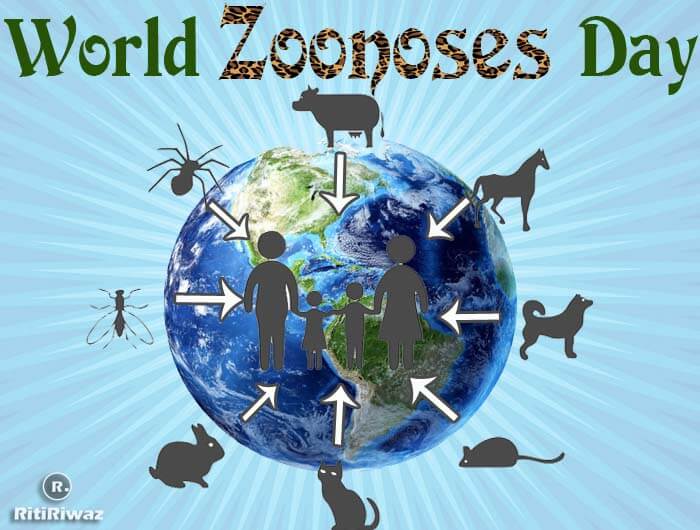
World Zoonoses Day is observed on July 6 to commemorate the scientific achievement of the first vaccination against zoonotic disease. The day reminds us of the possible dangers associated with zoonotic diseases, more so from the fact that through steady deforestation we bring ourselves face to face with impending emerging and re-emerging diseases.
Zoonoses word is derived from the Greek word ‘zoon’ which means animal and ‘nosos’ means ailment. People get infected by zoonotic diseases from contact with infected live poultry, reptiles, rodents, insects, amphibians, and other domestic and wild animals.
Anyone irrespective of their age can become sick from a zoonotic disease, however, people with lower immunity, young children, adults above 65 became more at risk and should take steps to protect themselves and their family members.
To avoid zoonotic diseases one must follow good hygiene by washing hands with soap and water frequently. Prevent mosquitoes, ticks, and flea bites, by wearing preventive clothing. Storing, cooking, and handling food safely.
According to WHO “A zoonosis is an infectious disease that has jumped from a non-human animal to humans. Zoonotic pathogens may be bacterial, viral, or parasitic, or may involve unconventional agents and can spread to humans through direct contact or through food, water, or the environment. They represent a major public health problem around the world due to our close relationship with animals in agriculture, as companions, and in the natural environment. Zoonoses can also cause disruptions in the production and trade of animal products for food and other uses.”
Zoonoses comprise a large percentage of all newly identified infectious diseases as well as many existing ones. Some diseases, such as HIV, begin as zoonosis but later mutate into human-only strains. Other zoonoses can cause recurring disease outbreaks, such as Ebola virus disease and salmonellosis. Still others, such as the novel coronavirus that causes COVID-19, have the potential to cause global pandemics.”
The infectious agents of the diseases which may either be bacteria, viruses, fungi, or parasites, may be transmitted by different ways like direct contact with contaminated secretions or excretions, insect or animal bites, through contaminated food, or water, or through aerosol route.
History of Zoonoses Day
Louis Pasteur, a French biologist, successfully administered the first vaccination against a zoonotic disease: that was on the fateful day of 6 July 1885. And so 6 July was chosen to commemorate this scientific achievement and raise awareness of the risk of zoonotic diseases by the worldwide observance of World Zoonoses Day.
In the last century, we have seen around six major outbreaks of novel coronaviruses, and 60 percent of known infectious diseases, and 75 percent of new emerging infectious diseases are zoonotic in nature, i.e. they are derived from the animal world.
Avoid contact with wild animals. Do not approach or touch animals that are or appear ill. After handling animals or being near them, even if they appear healthy, do wash your hands with soap and water. While handling and cooking raw meat, do practice proper food preparation techniques. Keep your pets up to date on their vaccinations. Drink pasteurized milk. Store and handle all foods safely. Try to avoid bites from ticks, mosquitoes, fleas, etc. – wear protective clothing and repellents to prevent bites. Avoid bites and scratches from animals. Yes, children younger than five, adults older than 65, and people with weakened immune systems must most take such care.
10 recommendations to prevent zoonotic outbreaks
A report identifies ten practical steps that governments can take to prevent future zoonotic outbreaks:
-
Investing in interdisciplinary approaches, including One Health;
-
Expanding scientific inquiry into zoonotic diseases;
-
Improving cost-benefit analyses of interventions to include full-cost accounting of societal impacts of disease;
-
Raising awareness of zoonotic diseases;
-
Strengthening monitoring and regulation practices associated with zoonotic diseases, including food systems;
-
Incentivizing sustainable land management practices and developing alternatives for food security and livelihoods that do not rely on the destruction of habitats and biodiversity;
-
Improving biosecurity and control, identifying key drivers of emerging diseases in animal husbandry, and encouraging proven management and zoonotic disease control measures;
-
Supporting the sustainable management of landscapes and seascapes that enhance sustainable co-existence of agriculture and wildlife;
-
Strengthening capacities among health stakeholders in all countries; and
-
Operationalizing the One Health approach in land-use and sustainable development planning, implementation, and monitoring, among other fields.
Most zoonotic diseases are preventable either by vaccination or through protective measures and all we need to do is to be alert and take precautions. On this World Zoonoses Day, we should join our hands together to protect the environment, mankind, flora, and fauna and avoid future pandemics. AIDS, Ebola, and the new coronavirus are all zoonotic diseases that jumped from wild animals to us. So how can we better prevent that from happening again?
Suggested Read: Important Days In July



